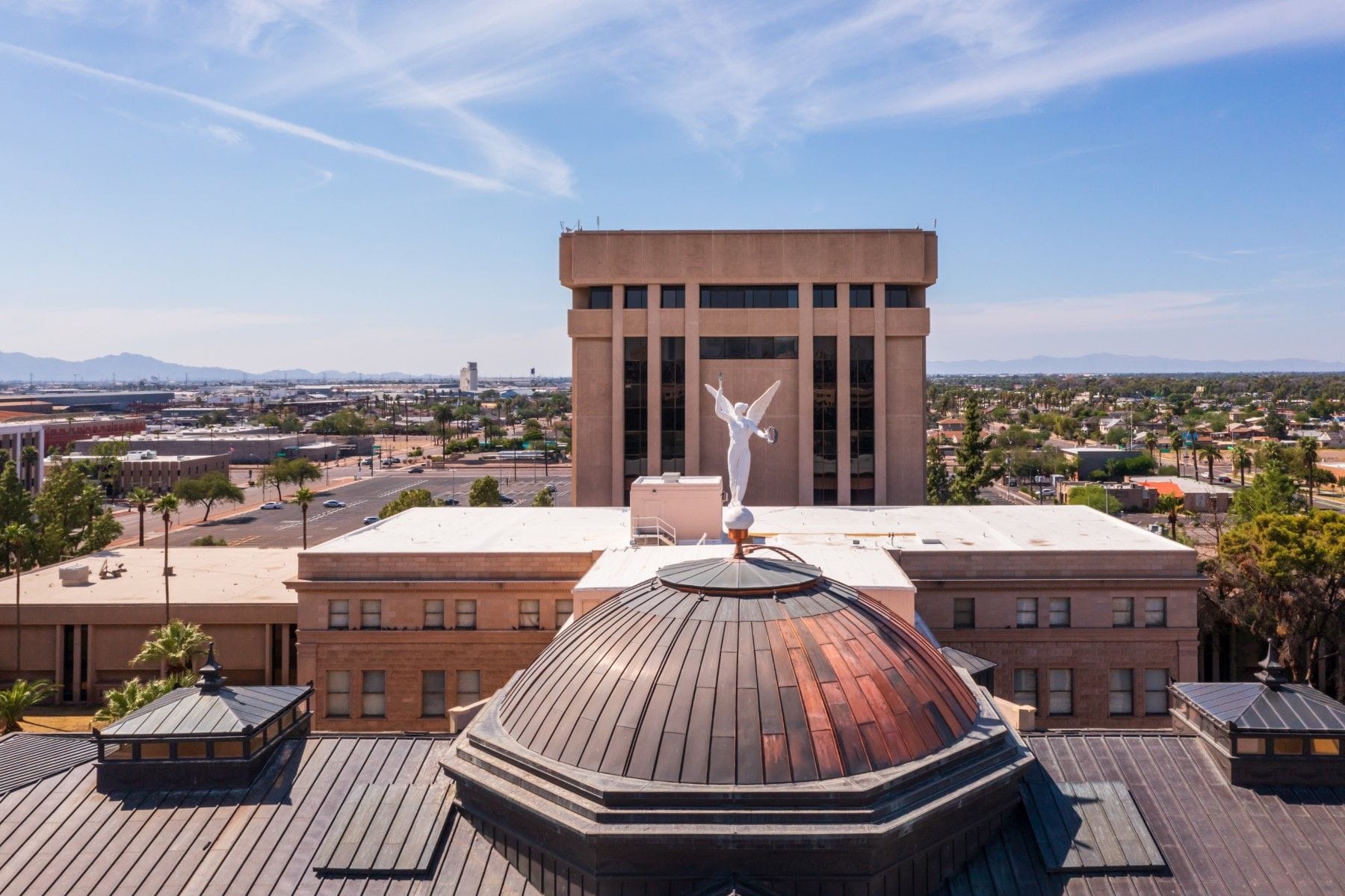Arizona Expert Witness Disclosure Requirements
Arizona requires expert witness disclosures to ensure trial fairness, demanding detailed qualifications and timely updates to uphold transparency and avoid sanctions.
Updated on
In this article
When Are Expert Witness Disclosures Required in Arizona?
In Arizona, the rules governing expert witness disclosures are outlined primarily in the Arizona Rules of Civil Procedure. According to Rule 26.1, parties are required to disclose their expert witnesses as part of the initial disclosure process. This initial disclosure must occur within 40 days after the filing of the answer to the complaint, ensuring that both parties have adequate time to prepare for trial. The purpose of this rule is to facilitate a fair trial by providing both sides with the opportunity to examine the expert evidence that will be presented.
Supplemental disclosures must be made in a timely manner, particularly if the information initially disclosed is found to be incomplete or incorrect. Rule 26.1(b)(2) obligates parties to update their disclosures whenever new information renders prior disclosures inaccurate. These updates are crucial as they help maintain the integrity of the judicial process by preventing surprises at trial. The timeline for such supplemental disclosures should be "seasonably" updated, meaning as soon as reasonably possible after the new information is discovered.
Information That Must Be Included in the Disclosure
Arizona's rules require comprehensive details to be included in expert witness disclosures. According to Rule 26.1(a)(6), the following information must be provided:
- Expert Qualifications: A detailed account of the expert's qualifications, including their education, training, and experience, which establish their expertise in the relevant field.
- Opinions and Bases for Opinions: A summary of the expert’s opinions and the factual basis for these opinions. This includes any data or methodologies used in forming their conclusions.
- Data Considered: All data or information the expert has reviewed or considered in forming their opinions must be disclosed.
- Fee Structures: A statement of the compensation to be paid for the study and testimony, which can highlight potential biases.
- Prior Testimony: A list of other cases in which the expert has testified as an expert at trial or by deposition within the preceding four years.
This comprehensive disclosure ensures transparency and allows the opposing party to effectively prepare for cross-examination and rebuttal.
Supplementing and Amending Expert Disclosures
The duty to supplement or amend expert disclosures in Arizona is a critical component of the litigation process. According to Rule 26.1(b)(2), parties must supplement their disclosures to correct any inaccuracies or to add new information that emerges after the initial disclosure. This obligation persists throughout the duration of the case.
Failure to adequately supplement disclosures can have significant repercussions. If a party does not update their expert disclosures, they risk having the exclusion of the expert’s testimony at trial. The courts in Arizona take this duty seriously, as evidenced by decisions like Bryce v. St. Luke's Medical Center, where the court emphasized the importance of timely and accurate expert disclosures.
Consequences of Failing to Properly Disclose an Expert
The consequences of failing to properly disclose an expert witness in Arizona can be severe. Rule 37(c)(1) addresses the failure to disclose or to supplement an earlier response. The rule stipulates that if a party does not comply with the disclosure requirements, the expert testimony may be excluded unless the failure was substantially justified or is harmless.
Beyond exclusion, additional sanctions may include:
- Motions to Strike Experts: Opposing counsel may file a motion to exclude the expert’s testimony altogether.
- Monetary Sanctions: The court may impose financial penalties to cover costs incurred by the opposing party due to the nondisclosure.
- Adverse Inferences: The court may instruct the jury to view the nondisclosure negatively, potentially impacting the case outcome.
The broader litigation risks of failing to disclose an expert properly include undermining the credibility of the case and potentially losing on substantive grounds.
State-Specific Rules and Key Considerations
Arizona has specific rules that diverge slightly from the Federal Rules of Civil Procedure (FRCP), particularly in terms of timing and the breadth of required disclosures. One notable distinction is the requirement for a detailed disclosure of the expert's prior testimony, which is not as explicitly demanded under the FRCP.
Legal professionals practicing in Arizona should be acutely aware of these nuances, as failure to comply with state-specific rules can lead to significant strategic disadvantages. Key statutes include:
- Arizona Rule of Civil Procedure 26.1: Governing the scope and timing of disclosures.
- Arizona Rule of Civil Procedure 37: Outlining sanctions for failure to disclose.
In conclusion, Arizona’s expert witness disclosure rules are designed to promote fairness and transparency in legal proceedings. Attorneys and legal professionals must diligently adhere to these requirements to ensure a just and efficient trial process. The detailed nature of these rules reflects Arizona's commitment to maintaining high standards in judicial proceedings, ensuring that all parties have a fair opportunity to present their cases.


